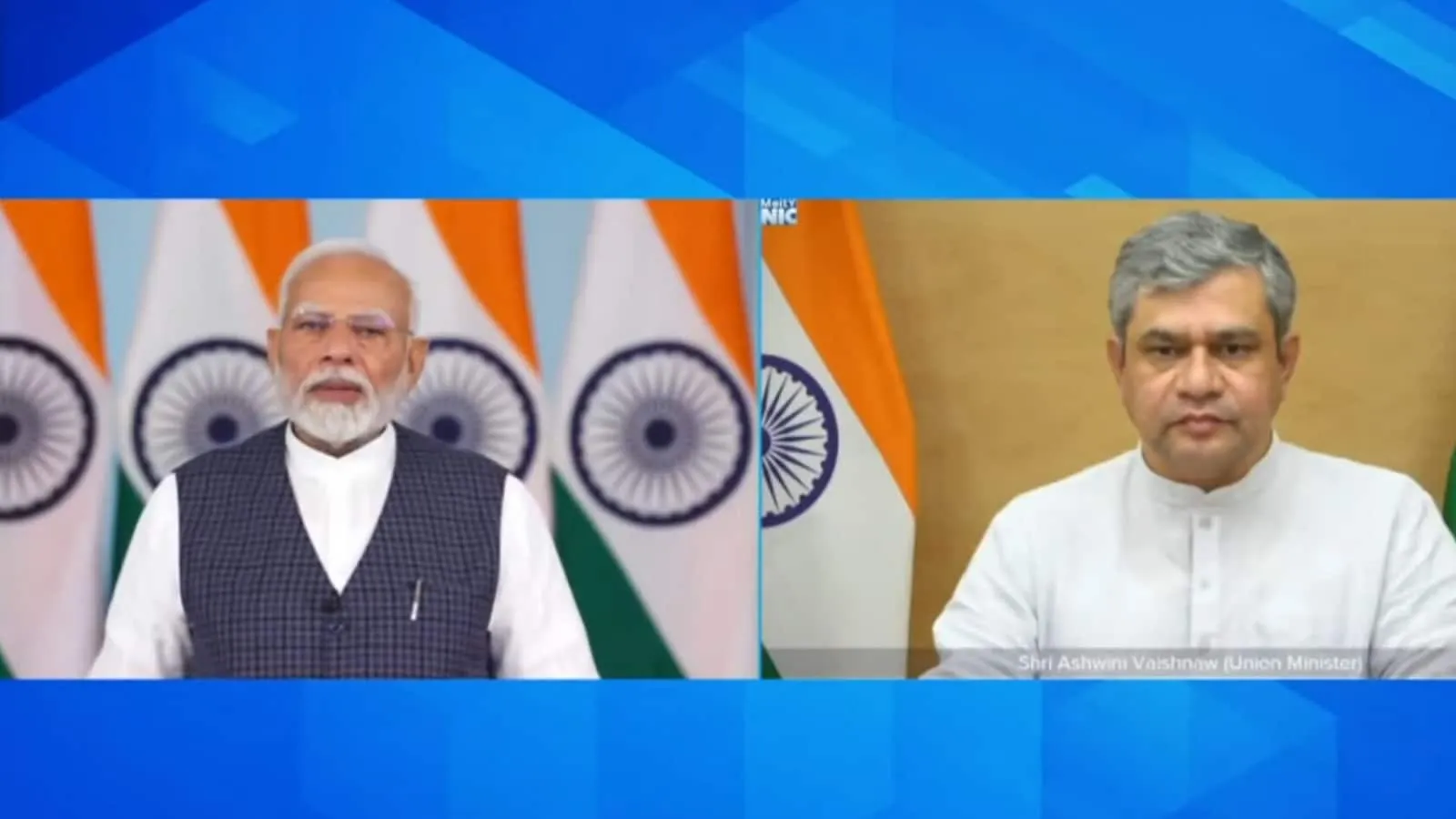Supercomputers in the National Supercomputing Mission: PARAM Rudra and High-Performance Computing Futures

Supercomputers Transforming Research
The recently launched PARAM Rudra supercomputers by PM Modi demonstrate India's commitment to high-performance computing under the national supercomputing mission. With an investment of ₹130 crore, these supercomputers are strategically deployed in Pune, Delhi, and Kolkata to spearhead pioneering scientific research.
Technological Impact of PARAM Rudra
- High-Performance Computing capabilities that enhance data processing speeds.
- Support for diverse sectors, including healthcare, climate modeling, and artificial intelligence.
- Strengthens India’s position in technological advancement on the global stage.
Through the implementation of these supercomputers, India aims to boost its research community and foster innovation across multiple disciplines. The PARAM Rudra initiative reflects a major shift towards self-reliance and enhanced scientific capabilities, reinforcing the importance of technological advancement.
This article was prepared using information from open sources in accordance with the principles of Ethical Policy. The editorial team is not responsible for absolute accuracy, as it relies on data from the sources referenced.